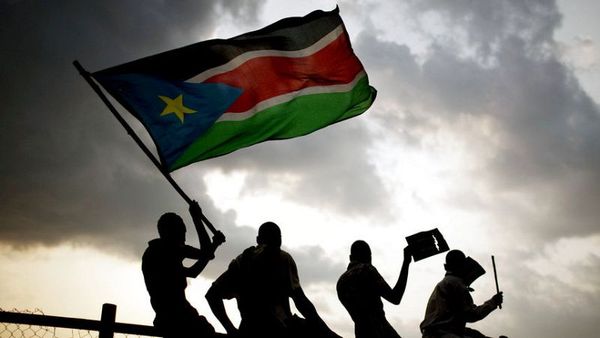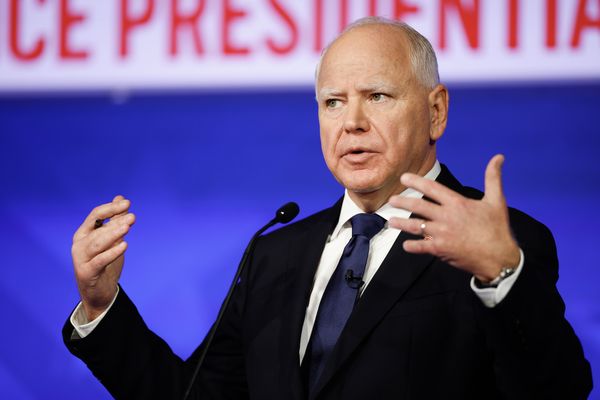
ADDIS ABABA, Ethiopia — Ethiopia’s Parliament on Thursday approved the East African country’s first female president, Sahle-Work Zewde, a veteran of the United Nations and the diplomatic corps.
The position of president is ceremonial in Ethiopia, with executive power vested in the office of the prime minister. But the appointment is deeply symbolic and follows up on last week’s cabinet reshuffle. Half the ministers in the government are women in Africa’s second-most populous country.
“In a patriarchal society such as ours, the appointment of a female head of state not only sets the standard for the future but also normalizes women as decision-makers in public life,” tweeted Fitsum Arega, the prime minister’s chief of staff and de facto government spokesman.
Parliament accepted the resignation of Mulatu Teshome, who had served as president since 2013, and named Sahle-Work to replace him.
In remarks in Parliament after she took her oath of office, Sahle-Work emphasized the importance of respecting women and the need to build a “society that rejects the oppression of women.” She also promised to work for peace and unity in the country.
She added that those who think she has already talked too much about women should expect even more.
Ethiopia’s young new prime minister, Abiy Ahmed, who came to power in April, has initiated a whirlwind of changes, releasing political prisoners, inviting back exiles and making peace with the country’s chief opponent, Eritrea, after two decades of hostilities.
Abiy has also publicly declared the need to promote women in what has been a largely patriarchal, conservative society.
A woman now heads one of the most powerful ministries in the country, the Ministry of Peace, which controls the intelligence agency and security forces. Muferiat Kamil, the former speaker of the house, heads the ministry, which aims to tackle the widespread ethnic unrest that has erupted in the country since the easing of the authoritarian control.
Amid these moves, however, the government has been criticized for failing to contain the ethnic unrest in the countryside and for the arrest of thousands of people in Addis Ababa, some of whom then spent time in reeducation camps.
Sahle-Work, 68, becomes modern Ethiopia’s first female head of state, though in the country’s history, there have been empresses who wielded great power.
Sehin Teferra, co-founder of the feminist Setaweet movement, said the appointment is important because gender equality in Ethiopia is generally “abysmal,” with “very high levels of violence against women.”
“We are always in the top of the gender inequality index, and we do very badly in terms of representation,” she said. However, she added, the government now is making a powerful statement with the new cabinet and with this appointment.
“I think appointing one or two women would not have made the change, but with this critical mass, when you have 10 [ministers] out of 20, then yes, I think it will do a lot in terms of addressing people’s attitudes,” Sehin said.
There is still a long way to go, cautioned Blen Sahilu, a lawyer and women’s rights activist, because, especially in rural society, women are not seen as leaders.
“All these developments are exciting, but it is something that’s happening up top,” she said. “In order for the shift to happen at a grass-roots level, the work is going to take years.” She said factors such as widespread teen marriage and the lack of access to secondary education are holding women back.
Sahle-Work was previously the special representative of the U.N. secretary general to the African Union. Before that, she headed the United Nations’ Nairobi office with the rank of undersecretary general.
She began her diplomatic career as ambassador to Senegal in 1989 with responsibilities in neighboring African countries and later went to Djibouti before eventually serving as ambassador to France, where she had previously studied.
Among her many roles with the United Nations was head of the U.N. Integrated Peacebuilding Office in the Central African Republic until 2011.
According to Ethiopia’s constitution, the president is the head of state with ceremonial duties such as opening Parliament, appointing ambassadors following the prime minister’s recommendation and receiving the credentials of foreign envoys.
But Sehin predicted that having such an experienced diplomat in the presidential role would change it.
“I am sure she will elevate the position,” she said. “We see it as more than ceremonial.”







